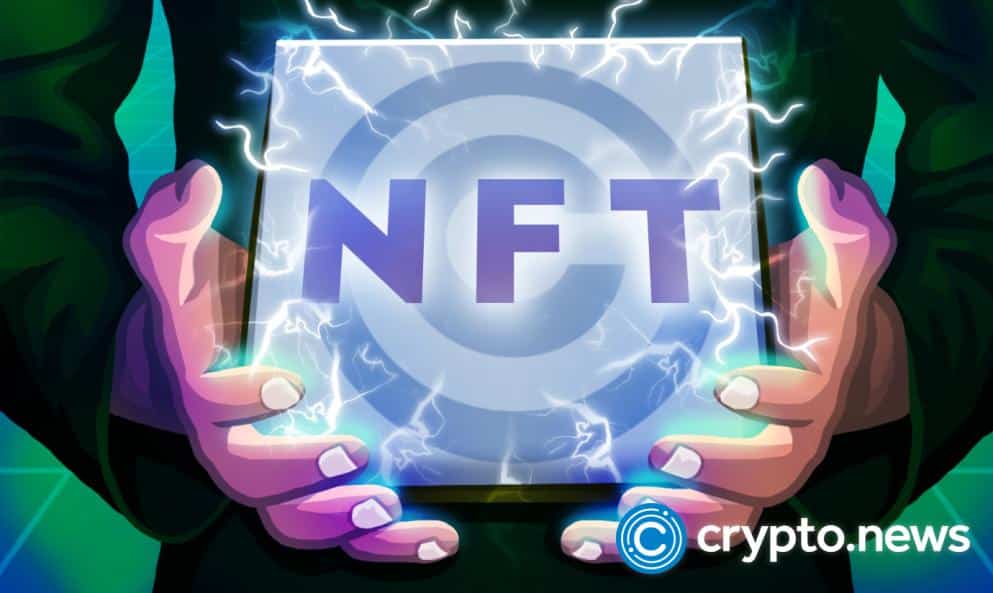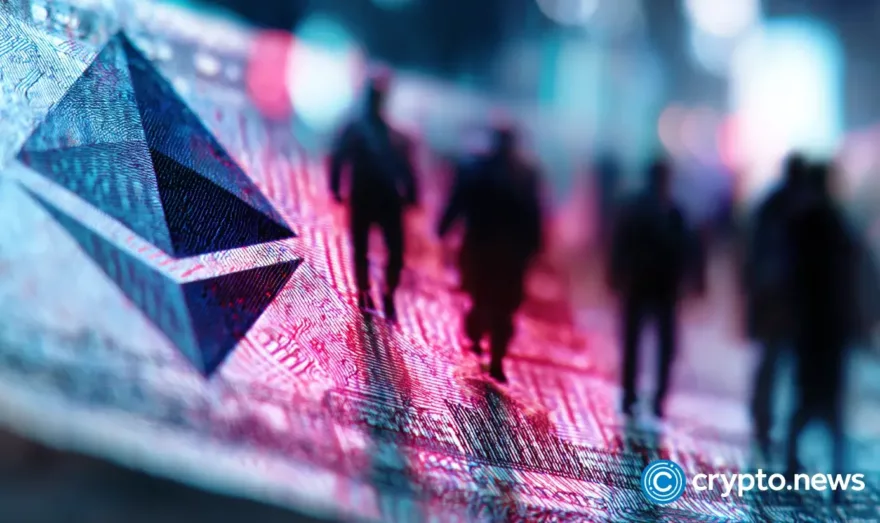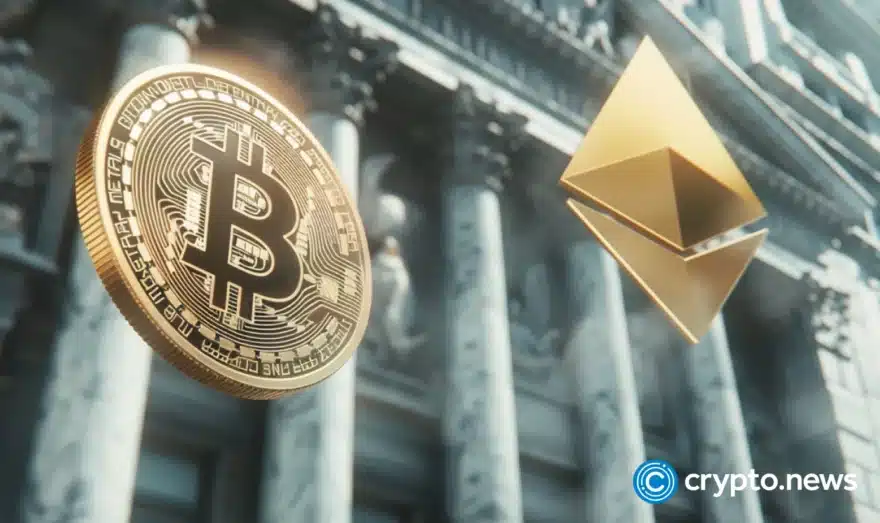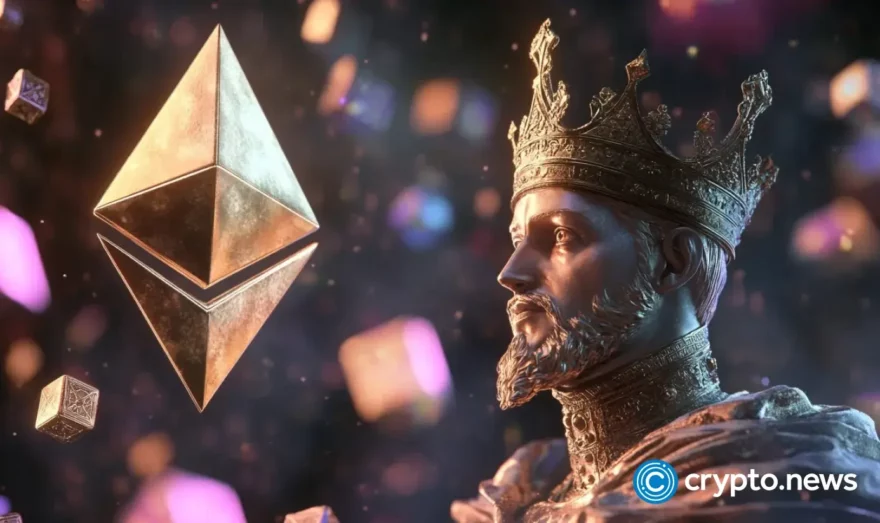NFT Copyright Essentials Creators & Collectors Need to Know

It may come as an unpleasant surprise to many NFT holders, but just because you own an NFT doesn’t mean you automatically own the copyright to the artwork, collectible, or any other tokenized item you have acquired. Read on to learn about the importance of NFT copyright from the point of view of a creator and a collector.
Table of Contents
Do All NFTs Give Copyrights to Holders?
When you buy a non-fungible token (NFT), you are technically purchasing ownership in the token that represents the underlying item, be it physical art, music, or a photograph. You have the right to hold and sell the NFT.
However, as an NFT holder, you don’t typically possess the copyright over the underlying asset, which exists off-chain unless the copyright holder (typically, the NFT creator) has clearly stated that by selling the NFT, they are selling the copyright as well.
Without copyright ownership or a copyright license, buyers cannot mint a copy of that NFT, create derivative works, or use the NFT in any commercial way.
Copyright essentially refers to a legal right given to the originator of a specific work, allowing them to print, copy, distribute copies, publicly display the work, and produce derivative works. The latter refers to works that are based on an original and represent consecutive content. Examples of derivative works include the updated edition of a book, a movie sequel, or a painting based on a photograph.
Buying an NFT is similar to purchasing a physical work of art. The buyer only owns the art, but the artist is still the copyright owner. To receive copyright ownership rights, the buyer has to make a separate arrangement to buy the copyright from the artist.
Nevertheless, several NFT projects have given holders some form of copyrights. For instance, the terms and conditions of the Bored Ape Yacht Club project state: “You own the NFT. Each Bored Ape is an NFT on the Ethereum blockchain. When you purchase an NFT, you own the underlying Bored Ape, the art, completely.” The document further explains that when you buy a Bored Ape NFT, you get a copyright license to use the art in producing and selling merchandise like t-shirts, for example.
However, a report in the Verge points out that the BAYC license is inconsistent with the ownership statement in the terms and conditions. A copyright license allows the creator to retain copyright ownership rights while allowing someone else to exercise some of them. That could mean that the statement “you own the underlying Bored Ape, the art, completely,” may mislead investors since the project has actually provided a license in the form of commercial rights and not a complete transfer of copyright ownership.
The takeaway here for NFT collectors is that they cannot take such claims at face value when buying NFTs.
Why Copyrights Matter in the NFT Market
Minting NFTs representing copyright-protected work that you don’t own or buying an NFT representing stolen art that is copyright-protected could get you into legal trouble. This is due to something called copyright infringement.
Copyright infringement describes the use of copyright-protected material without permission from the copyright holder.
Purchasing an NFT doesn’t give you copyrights to the underlying asset unless otherwise stipulated. That means you’ll be spending your hard-earned money on something you can only look at, trade, and transfer. Using this NFT in any other way may lead to copyright infringement. As a result, investors that want to do more with their NFTs without worrying about the legal implications could consider NFT projects that offer copyright licenses.
From a creator’s perspective, copyright will allow them to define what NFT holders can and cannot do. It also helps in pursuing legal action against those who fail to observe the copyright rules.
NFT Copyright Infringements: Here’s What Has Happened So Far
With so much money trading hands in the NFT market — a total of around $8 billion in Q2/2022, to be exact — fraudsters are having a field day as they attempt to make quick money by turning other people’s work into NFTs.
Case in point, musician Nat Puff complained in a tweet that an unknown person was selling her work in the form of NFTs without her permission. In another music-related incident, JayZ sued fellow Roc-A-Fella Records (RAF) co-founder Damon Dash for attempting to sell his 1996 debut album Reasonable Doubt as an NFT on the platform, SuperFarm. The suit led to the cancellation of the NFT auction at the record company’s request.
In a different case, Chinese artist Weibo sued an NFT platform called Bigverse because someone had minted and sold digital artwork resembling his work. The court ruled that Bigverse contributed to the copyright infringement and ordered the platform to burn the NFT and pay the plaintiff about $600 in damages.
This next matter has nothing to do with fraud. Instead, it’s an example of the legal risk creators expose themselves to if they turn work they created for an employer into an NFT. In November 2021, production company Miramax sued director Quentin Tarantino for creating an NFT collection based on the 1994 film Pulp Fiction.
According to the company, Tarantino allegedly violated the company’s copyright and trademark since NFTs aren’t covered within his reserved rights. While Tarantino has the right to publish pieces of the screenplay, Miramax argued that NFTs do not fall under this category. Tarantino himself maintained he was publishing sections of the screenplay as per the reserved rights.
The matter has since been settled, and the two have released a joint statement saying: “The parties have agreed to put this matter behind them and look forward to collaborating with each other on future projects, including possible NFTs.” The settlement details remain undisclosed.
How to Copyright Your NFT as a Creator
Copyrighting your NFT as a creator can save you money and time spent monitoring NFT platforms and suing copyright infringers.
To copyright your NFT, simply add the copyright information of the underlying work in the metadata, which may also contain the NFT name, description, and any other information you deem appropriate.
Creators typically store assets like copyright information and the media (image, video, or audio) of the underlying work off-chain. Storing large files of data on the blockchain can be costly. Hence, creators choose to use storage solutions such as the InterPlanetary File System (IPFS).
IPFS is a distributed file storage service that allows users to upload files, including PDFs. Therefore, install IPFS to your desktop, upload the copyright information, and include it in your NFT during minting. This will enable buyers to access the copyright specifics on IPFS when viewing your NFT. You could use a developer’s assistance in these steps in case you find IPFS complicated to use. If you don’t own the copyright to your work, apply for one in your country before minting the NFT.
The stipulations of an NFT copyright will vary from creator to creator. For instance, some creators will give holders virtually unlimited commercial rights while others will provide strict boundaries within which holders can exercise their commercial rights. Creators should consider seeking assistance from a lawyer when creating the stipulations of an NFT copyright.
How to Check if You Have the Copyright to Your NFT as a Collector
Ideally, you’re supposed to conduct due diligence on copyright matters before you buy an NFT. However, if you have skipped this step, you can start by visiting the terms and conditions page of the NFT project. Read through it carefully, scanning for any information on NFT ownership. You could also revisit the NFT marketplace where the purchase occurred. Look for any copyright information in the details section.
Supposing this information is unavailable, reach out to the creator via their website or social media accounts in case these details are accessible. Most creators on OpenSea provide website and social media information. Therefore, this shouldn’t be a major problem if this is the platform you have used. On Rarible, you may find creator details on the profile of the NFT collection.
If you are able to contact the creator(s), ask them if their work is copyrighted and if any rights were transferred to you when you bought the NFT. Genuine creators should be easy to reach. Otherwise, there’s a high chance the NFT creator may have used someone else’s work if you can’t find the website or social media details. In this case, you may obtain legal assistance to determine if the underlying asset is copyright-protected and if the copyright holder is aware of the minted NFT.
Finally, if you have any questions about copyright on NFTs you possess, reach out to a copyright lawyer for advice.
FAQs
Should I consult a lawyer before buying an NFT?
Probably yes, especially if you are planning to spend thousands of dollars or more. Your lawyer can help you investigate if there is registered copyright by the NFT creator. They may also assist you in understanding copyright documentation if the creator has provided it.
Think of it this way: If you’re spending money to buy something, you might as well allocate some of it to understand what you’re purchasing.
Can NFTs replace copyright?
No, because they are two separate things. An NFT is simply a piece of code on the blockchain, while copyright is a legal document recognized by a country’s legal system.
Can you make an NFT of copyrighted material?
No. Unless you own the copyright, you cannot legally turn something that you didn’t create into an NFT.















